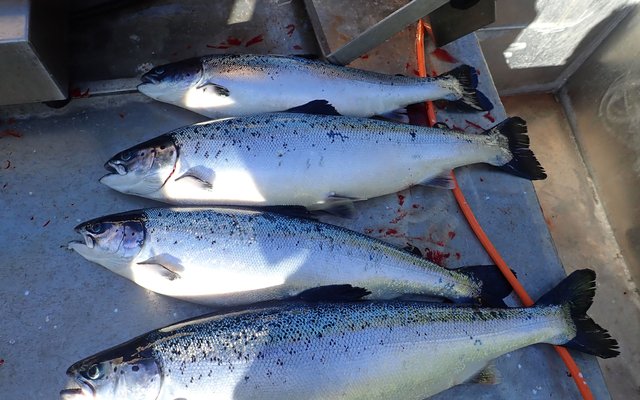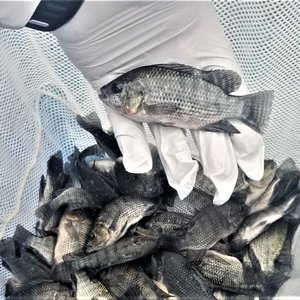Researchers from the Norwegian Institute of Marine Research have compared the performance of an entire generation of triploid salmon and normal diploid salmon in commercial farming conditions.
Over 10 million fish from nine hatcheries were distributed among 10 farming locations in 2020 and followed through the production cycle.
“We saw that the fish health staff at the facilities have registered poorer welfare and health in the triploid fish and that they have introduced measures to reduce the risk for these fish groups,” said researcher Lars Helge Stien. “Fasting before handling is a common method to increase the fish's tolerance. We see that the triploid fish has been fasted longer than the normal salmon before handling and that extra precautions were typically taken for triploids.”
The susceptibility of triploid fish to health problems was demonstrated by a higher prevalence of winter ulcers and mortality during the winter for triploid compared to diploids, especially when the fish were transferred to sea.
Overall, the triploids were also inferior in their economic prospect for the farmer compared to diploids. They had lower product quality at harvest, required more feed per kg produced, and had higher cumulative mortality by the time of harvest despite being harvested earlier and at a lower weight.
“Although the mortality rate was very low in these experiments, it was still statistically higher in the triploids than in the normal diploid fish,” said Stien.













